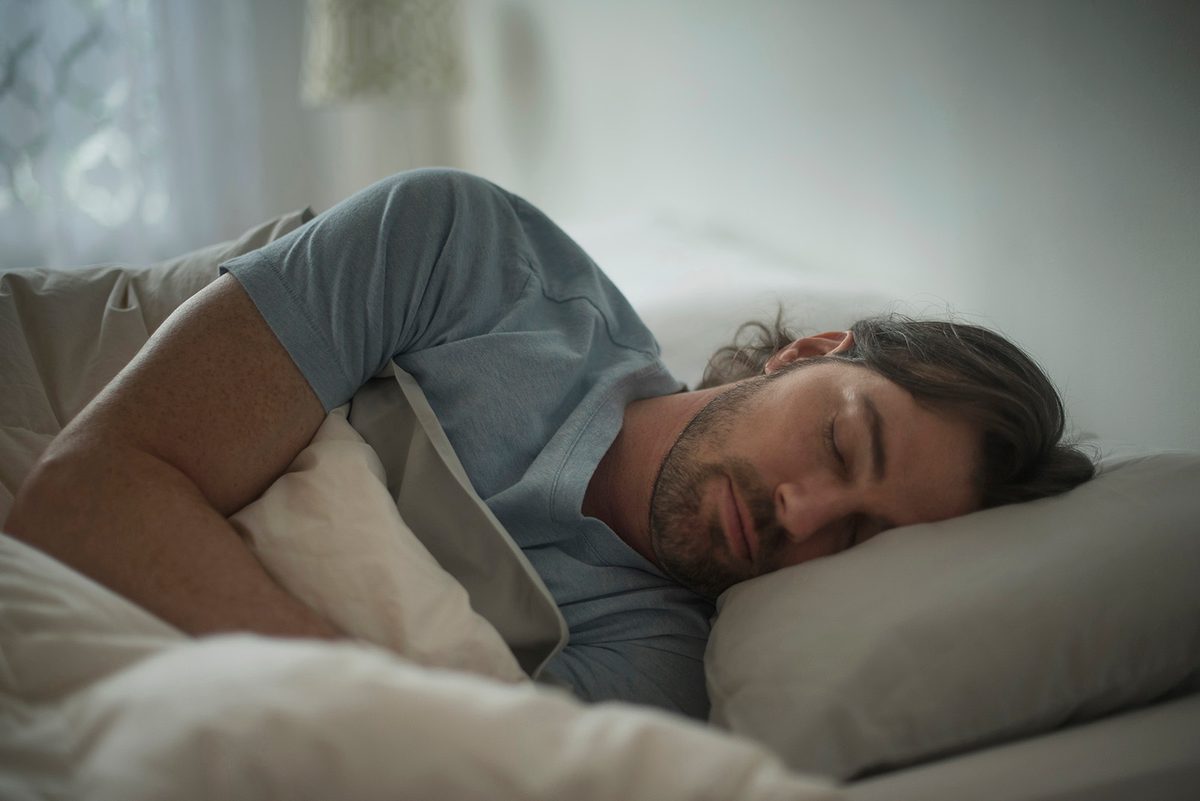You now know how and why to optimise HGH levels for improved cycling performance.
But what shouldn’t you do? What should you avoid in your quest for a legal high?
“Diet impacts HGH secretion,” says Godfrey. “A high-carbohydrate diet suppresses secretion, while a higher [good] fat and protein diet potentiates it.”
This blunting through over-reliance on carbohydrate is an athlete’s balancing act, because slow and fast-releasing sugars are a cyclist’s nectar.
The best advice is to consume lower-glycaemic carbohydrate foods, such as rice and potatoes, after riding.
Knocking back rapid-delivery sugary hits, such as energy gels, will stimulate insulin secretion, which contributes to HGH reduction.
Also, keep on sipping water or electrolyte drinks, because dehydration is another dent on how your HGH levels respond to exercise.
Look into arginine intake, too. Daily consumption of 15mg to 20mg of this amino acid has been shown to crank up nighttime HGH production by nearly 60%.
It can be found in red meat, nuts, chicken, brown rice, soya beans and seeds.
“HGH is affected by fatigue, too. If you keep training when insufficiently recovered, overtraining can become a problem,” adds Godfrey.
A well-structured programme or using a fitness coach can help here.
All of this is within your control, but this next factor isn’t. “HGH naturally decreases with age,” says Godfrey. “This is for both women and men.”
While this is a shrinking battle, there’s evidence that a consistent programme of strength work can, if not stop the drop, at least soften the fall.
And if all that fails, should you follow Lance Armstrong and co and tap into HGH from the lab? Well, beyond the illegality of taking HGH for performance reasons, you may not enjoy the riding boost you were anticipating.
A team of US researchers conducted a review of 44 studies of growth hormone in athletes.
Some 303 volunteers received HGH injections, while 137 received a placebo.
After having daily injections for an average of 20 days, the subjects who received HGH increased their lean body mass by an average of 4.6lb.
That’s a big gain, but it didn’t translate into improved performance. In fact, HGH didn’t generate measurable increases in either strength or exercise capacity.
The study also found they were more likely to retain fluid – not great when cycling up a tough mountain – and to experience fatigue than the placebo crew.
Keep to what’s legal and optimise your HGH levels by having a sound sleep, fuelling and riding programme.
